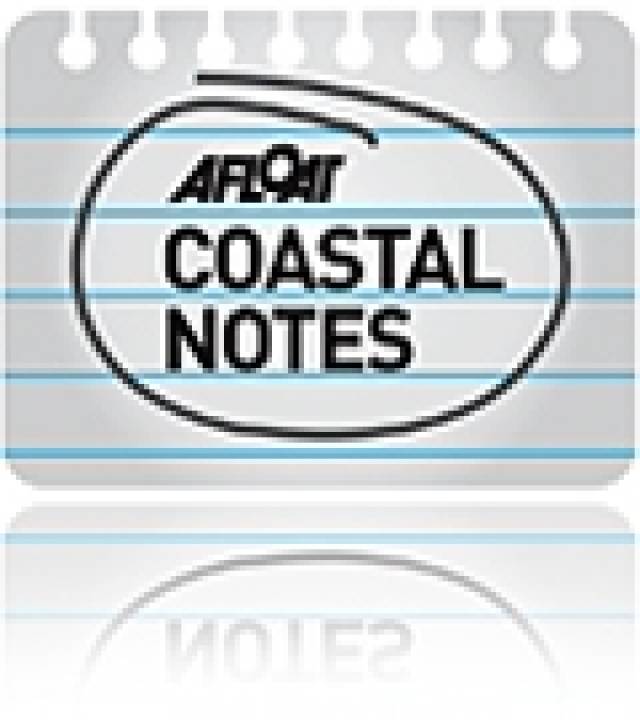A study to record the wealth of knowledge possessed by fishermen for the better management of fish stocks is underway on the prawn grounds around the Aran Islands in Galway Bay. The study, which is led by Dr Brendan Flynn comes under the umbrella of the newly formed Socio-Economic Marine Research Unit (SEMRU) at NUI Galway.
The project is funded by the Marine Institute under the Sea Change Programme also includes partners from the Marine Institute’s Fisheries Science Services Team.
According to Edward Hind, a PhD student on the project, fishers and scientists have not always agreed on the best ways of sustainably managing fish stocks. As far back as the late 1800’s fishermen working around the coast of Ireland were already having concerns that stocks were showing depletion, which was greeted with the response that these stocks were “inexhaustible” by the great scientist Thomas Henry Huxley in 1883. More recently, fishermen were the first to notice a decline in the cod stocks on the Grand Banks of Canada but their observations were disregarded by fisheries managers of the time. “We founded the Newfoundland Inshore Fisheries Association because nobody was listening to the fishermen,” said fisherman Sam Lee. “We were complaining to the wind.”
Edward Hind points out that, while the Grand Banks fishers’ information was ignored in the 1970s, studies since then have shown these fishers did indeed have unique ecological knowledge about the fishery that the operated in.
“The goal of the Irish Fishers’ Knowledge Project,” says Hind, “is to investigate the knowledge which Irish fishermen have that could potentially be utilised in Irish/European fisheries management. So far we have found that Irish fishermen have potentially unique knowledge, not only of ecological conditions, but also of the social and economic environment in which they live. They also have many ideas that could shape marine policy and management.”
Hind and other members of the team have been working in the Galway and Aran fisheries for over a year now, talking to individual fishers for up to four hours at a time to learn about the history of the boats the fishers work on , the type of gear they use and their target species. They have also asked fishermen to draw the locations of fishing grounds on Admiralty charts and to indicate when fishing occurs on different areas of the ground and what changes might have occurred over time on these grounds.
Already the project has unearthed interesting view and observations on the behaviour of the fleet, the economic pressures that the fleet operates under and the preferred solutions to different problems that fishermen currently experience. Fishing strategy seems to be linked to the degree to which a fisherman has invested in capital. Fishermen with high investments have no option but to fish for volume while others have adopted a strategy of fishing for value and have scaled down investment and reduced costs to do so. Unearthing these strategies which evolve in response to difficult market conditions is useful in formulating management strategies for the fishery.
Additional work is starting under this project to study cod fisheries in the Celtic Sea. The Fisher’s Tacit Knowledge Project is funded by the Marine Institute through the NDP Marine Research Sub-Programme under the national marine research strategy Sea Change.































































